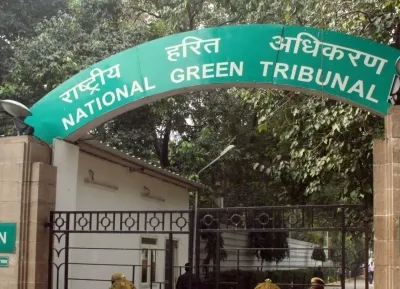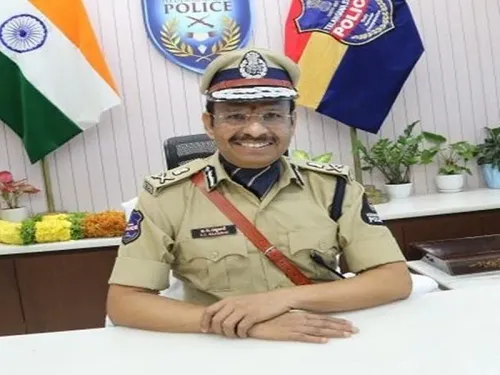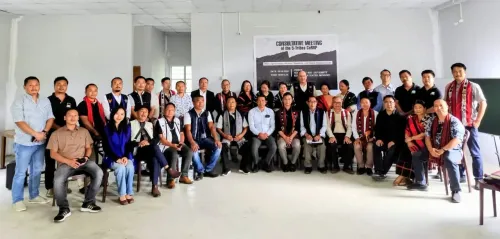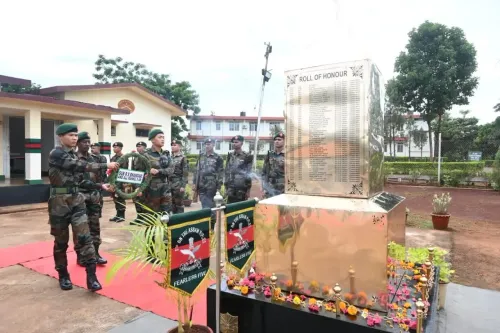Has the NGT Addressed the Textile Waste Crisis in Bengaluru?

Synopsis
Key Takeaways
- NGT's proactive involvement in the textile waste crisis.
- Importance of responsible waste management by garment manufacturers.
- Significant environmental legislation being violated.
- Need for improved safety conditions for workers in the industry.
- Scheduled hearings for accountability and progress.
New Delhi, Sep 5 (NationPress) The National Green Tribunal (NGT) has initiated suo motu action based on a media report shedding light on the escalating textile waste issue in Bengaluru, known as the 'garment capital' of India.
A Bench led by Chairperson Justice Prakash Shrivastava registered an original application suo moto (on its own accord) following a news article titled 'Bengaluru’s garment boom leaves a toxic trail.
In response to the report, the Bench, which includes expert members Dr. A. Senthil Vel, Sudhir Kumar Chaturvedi, and Dr. Sujit Kumar Bajpayee, highlighted that the city produces nearly 5,000 tonnes of fabric waste annually.
A recent assessment by the Institute for Social and Economic Change (ISEC) revealed that while large export-oriented manufacturers handle their waste adequately, smaller establishments and tailoring shops are discarding fabric remnants with household refuse, exacerbating the crisis.
The tribunal noted that only roughly 40 percent of the city’s textile waste is routed to Tiruppur and Panipat for recycling, with an additional 20 percent converted into low-grade products such as mattresses and dolls.
However, these recycled goods typically have a brief lifespan of 8–10 years before being disposed of in landfills or incinerated.
Hazardous cotton waste is frequently blended with regular refuse, amplifying pollution risks, while workers are subjected to perilous working conditions without adequate safety equipment or social protections.
The NGT stated, “The issues raised in the news item suggest violations of the Environment (Protection) Act, 1986, Hazardous and Other Wastes (Management and Transboundary Movement) Rules, 2016, and the Air (Prevention and Control of Pollution) Act, 1981,” in its order issued on September 2.
The green tribunal has included the Karnataka State Pollution Control Board, Bruhat Bengaluru Mahanagara Palike (BBMP), Central Pollution Control Board (CPCB), and the Union Ministry of Environment, Forest and Climate Change (MoEF&CC) through the Bengaluru regional office as respondents in this case.
Justice Shrivastava’s Bench has directed that the issue be forwarded to the NGT’s Southern Zonal Bench in Chennai for further deliberation.
“Notice should be sent to the respondents to submit their responses via affidavit at least one week prior to the next hearing. Should any respondent authority submit the reply directly without routing it through their legal counsel, that authority will be required to be virtually present to assist the Tribunal,” the order stated.
The suo moto case is scheduled for further hearings before the Southern Zonal Bench in Chennai on October 9.









